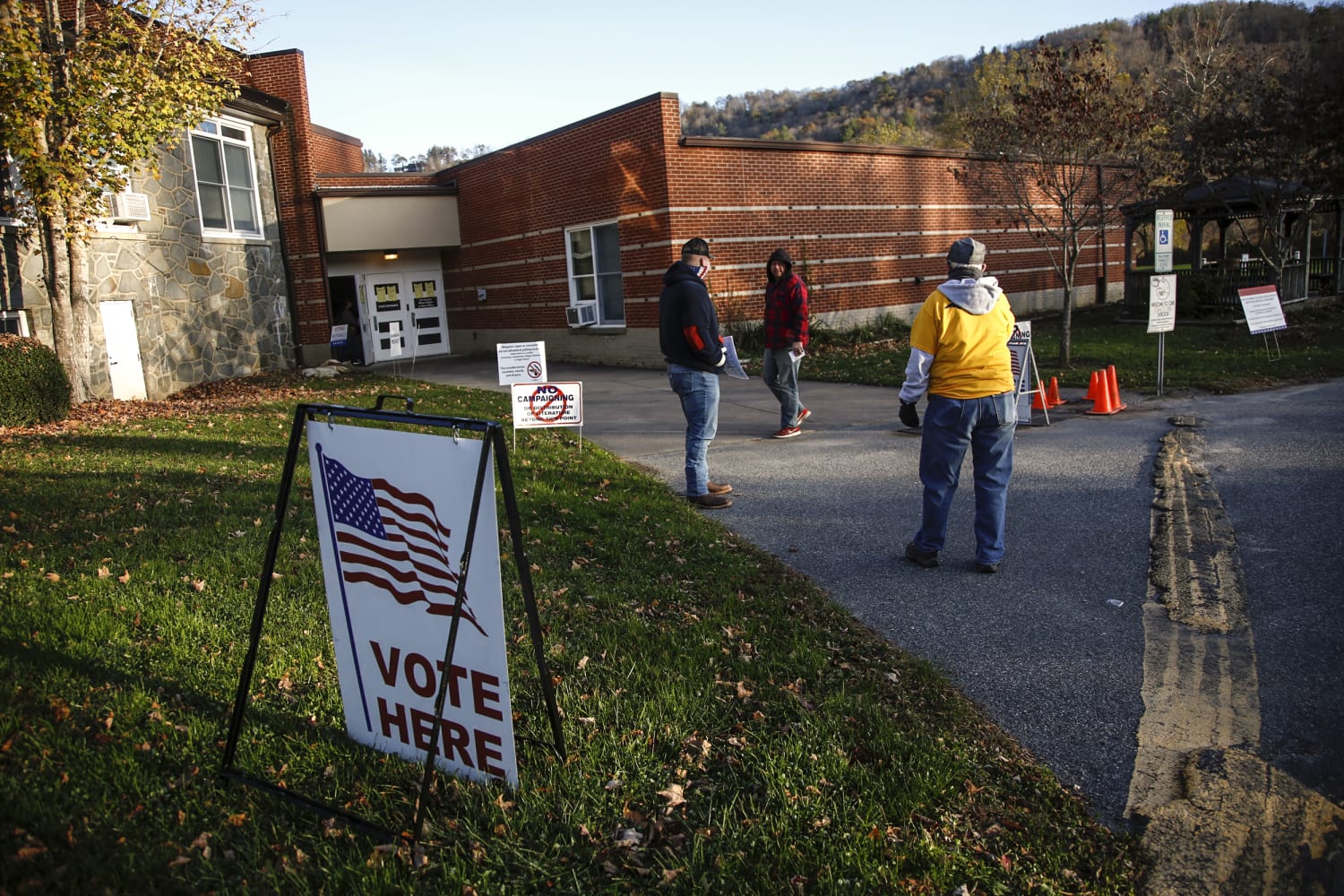The Supreme Court on Monday will consider whether North Carolina Republicans can step in to advocate in court for a voter ID law that they believe the state’s Democratic attorney general isn’t fighting hard enough to defend.
It’s a dispute about what happens in states where the same political party doesn’t control both the legislature and top elected offices. That presents “a risk that is particularly pronounced in divided-government states like North Carolina, where the executive branch may not be enthusiastic about defending the legislature’s handiwork,” David Thompson, a lawyer for the Republicans, said.
North Carolina voters approved an amendment to the state Constitution in 2018 requiring a photo ID to vote in person at the polls. When the Republican-controlled state Legislature passed a law to specify how the provision would work, it was vetoed by Gov. Roy Cooper, a Democrat. But the Legislature overrode his veto and the measure was enacted.
The next day, the NAACP challenged the law in court. A federal judge found late the following year that the law intentionally discriminated against Black and Latino voters and unduly burdened the right to vote. North Carolina’s Democratic attorney general, Josh Stein, has defended the law, but Republican legislators say the state’s defense has been half-hearted, more concerned with administrative issues than countering the discrimination claims.
“Attorney General Josh Stein has repeatedly put his political position above the will of the voters and cannot be trusted to defend North Carolina’s constitutional voter ID law,” House Speaker Timothy Moore said.
Lower federal courts have said the attorney general is doing an adequate job of defending the law, so now Moore and Philip Berger, the president pro tempore of the state Senate, are asking the Supreme Court to let them intervene in the case. State law explicitly gives those leaders the authority to defend the laws that they pass, Thompson said in his legal filings.
The NAACP has urged the court to block the move, citing federal rules that say a party seeking to intervene in a case must overcome a presumption that the existing party is doing an adequate job.
Would-be intervenors “cannot force federal courts to accept two, three, or ten entities all representing the same interest merely by pointing to disagreements about tactics,” Elisabeth Theodore, a lawyer for the group, said in her written submissions.
A different rule would clutter and prolong lawsuits, she said, adding, “Federal courts should not be in the business of adjudicating internecine disputes between state officials.”
The voter ID law in the background of the case is not one of the nation’s more demanding ones. The National Conference of State Legislatures classifies it as “non-strict.”
The law would allow voters who show up to the polls without an ID to cast a provisional ballot, which would be counted if they later presented a qualifying ID to the county board of elections. But another provision said the ballot must be counted if the voter states that a “reasonable impediment” prevented getting the required ID.
The NAACP challengers “have not been able to identify a single person in the state of North Carolina who would not qualify for the reasonable impairment categories,” Thompson said.
The federal appeals court reversed the trial judge on the question of whether the law is discriminatory. But the photo ID requirement remains blocked because of a separate challenge in state court. A panel of judges said in September of last year that the law “was motivated at least in part by an unconstitutional intent to target African-American voters.”
Source: | This article originally belongs to Nbcnews.com









